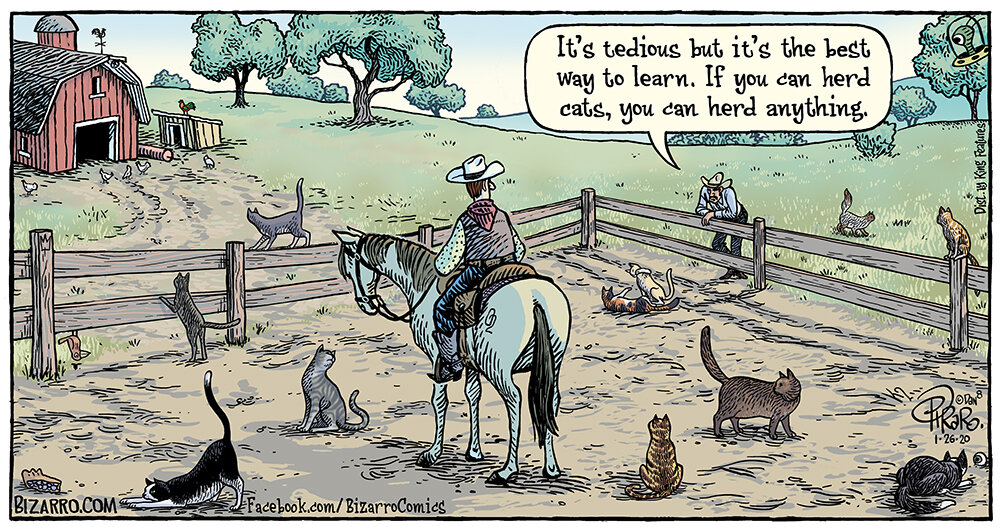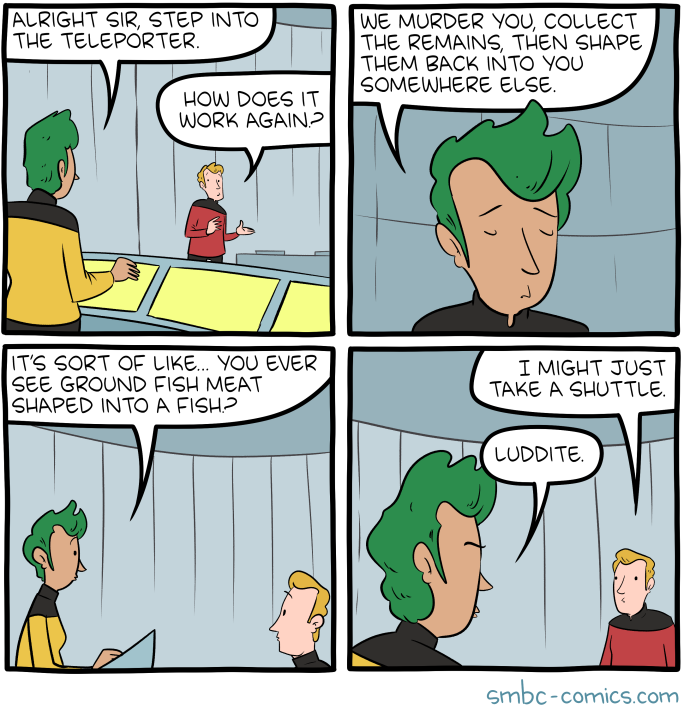Sunday, 16 February 2020 - 5:12pm
This fortnight, I have been mostly reading:
- Banks Are Handing Out Beefed-Up Credit Lines No One Asked For — Michelle Davis in Bloomberg Businessweek:
Proactive credit line increases, known in the industry as PCLIs, emerged in the 1990s but virtually disappeared after regulators clamped down on the practice following the 2008 financial crisis. But as banks struggled to ramp up lending, PCLIs made a comeback with executives finding more aggressive ways to work within the consumer-protection laws. U.S. issuers boosted credit lines for about 4% of cards in each quarter of 2018, according to the Consumer Financial Protection Bureau’s most recent data. That’s double the rate in 2012. Subprime and near-prime customers got increases at a higher-than-average pace, according to the agency. That means many of the people getting boosts have blemished or limited histories of paying bills. […] Other countries have rules governing PCLIs. U.K. banks agreed not to offer increases to customers in persistent debt. Canada requires borrower consent. Australia bans unsolicited increases altogether.
[Bunch of nervous Nellies! What could possibly go wrong?] - Libertarians Can’t Save the Planet — John Quiggin in Jacobin:
Propertarian thought relies heavily upon the Lockean fiction that property rights arise naturally, before the emergence of a state (defined broadly to include any kind of authority within a group, tribe, or nation). Obviously, no such rights could have existed when it came to the atmosphere, so emissions permits would have to be the creation of national governments working through global agreements. Admitting that states define and enforce property rights was too big a pill for many propertarians to swallow. But the cultural barriers standing in the way of free-market environmentalism were even greater. Affluent white men who don’t like being told what to do are by far the most important constituency for libertarianism. Such men would consider it a dreadful imposition to have to pay, whether directly or indirectly, for the right to drive a car or use air conditioning. Environmentalists who insist that untrammeled individualism of all kinds has malign consequences lie at the opposite cultural pole. However, this created a dilemma for propertarians. Having rejected both state- and market-led solutions to climate change, their only remaining option was to deny that the problem existed at all.
- Hard of Herding — Bizarro by Dan Piraro:

- Why Cover Letters Are Such an Important Part of Building a Miniature Town Made of Paper — Andrew Cushing at McSweeney’s Internet Tendency:
As the lead recruiter for a large corporation, I have hundreds of cover letters cross my desk daily. People often ask, “Are cover letters still really that important?” Well, the answer is a resounding “YES.” Because, while utterly useless as a job application tool, cover letters are an incredibly important part of building a miniature town made of paper. And that’s really what this has all been about. I joined this field with a few simple goals: I wanted to help grow the staff of companies by attracting top industry talent. I wanted to foster a working atmosphere that was pleasant and professional. And, like everyone who chooses this line of work, I’m a small-scale hobbyist who wants to build the coolest miniature town made of cover letters anyone has ever seen. Today, I am pleased to announce that one of these goals is finally within reach.
- Why you need to know about modern monetary theory — James Weir in the Australian Financial Review:
When conventional thinking can’t explain something, it makes sense to think unconventionally. In many ways MMT sounds like stepping through the looking glass, but that’s because for almost 50 years we’ve become conditioned to think of our government as facing the same budget constraints we do. MMT not only provides a logical explanation of what’s happening in the world, but with Australian households up to their necks in debt, it offers a sobering perspective on the Morrison government’s insistence on balancing the budget.
- Transporter — Saturday Morning Breakfast Cereal by Zach Weinersmith:

- Whatever He Wants — Fintan O’Toole in the New York Review of Books:
The reason why evidence is irrelevant to Trump’s trial is not just that the evidence itself is inconveniently damning. It is that this doctrine of the president’s will as the source of all authority must not be undermined by the manner of the trial. At the heart of Trump’s defense is the justification that underlies all authoritarian rule. The leader is special. He is not like us because he has unique instincts. His gut (or divine inspiration or mystical ability to discern the true will of the people) leads him to make the right call. And the gut cannot be questioned: the job of everyone else in government is to accept what the leader does first and find the reasons for it later.